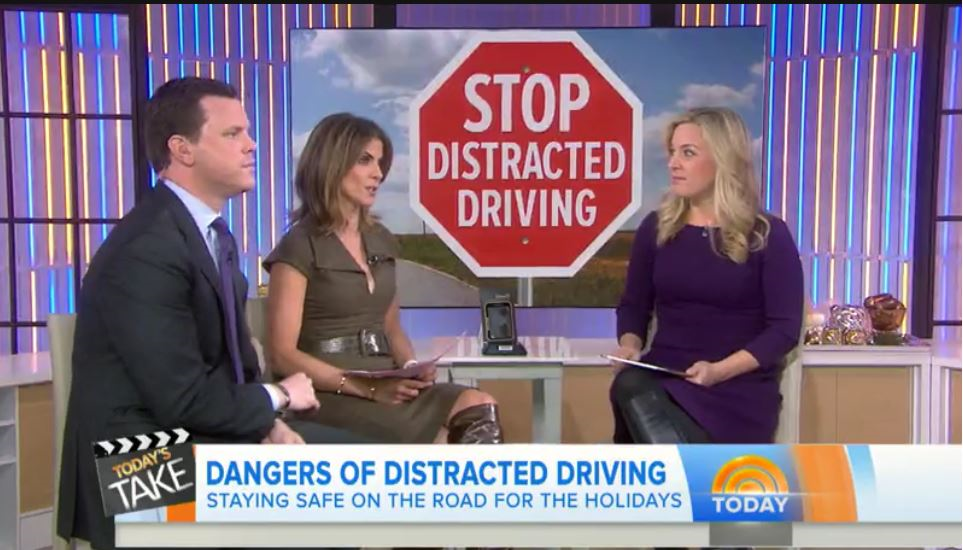Distracted driving is an epidemic. But it’s an epidemic that can be stopped if everyone embraces their roles and responsibilities – as drivers, pedestrians and passengers. Earlier this week we posted an article about the responsibility drivers and pedestrians have to focus on the task of driving and walking. Today we’d like to talk about the important role passengers can play in helping to end distracted driving.
As passengers we have the power to help our drivers stay safe. Many of us have been a passenger in a car when the driver was doing something that was distracting him or her from the primary task of driving. Perhaps the driver was reading or sending a text. Maybe they dropped something on the floor and reached down to pick it up. Maybe they were programming the GPS. Or perhaps they were simply talking on the phone. All of these things are distractions – either manual, visual or cognitive – that take attention away from the primary task of driving.
As a passenger, you have a choice – you can sit by and let the driver put himself and the rest of the vehicle occupants in danger or you can speak up and help your driver arrive safely.
The problem is – sometimes we speak up and sometimes we don’t. There are lots of reasons why we don’t speak up. Maybe we don’t want the driver to think we are criticizing their driving. Maybe we don’t want to seem ‘uncool’. Those reasons seem trivial when you think about what could happen if the driver veers over the center line or off the road.
In 2012, AT&T and Connect Safely conducted a survey of teen drivers and found:
- 78% of teen drivers said they would not text and drive if friends told them it was wrong or stupid
- 90% said they would stop if a friend in the car asked them to
- 44% said they would be thankful if a passenger complained about their texting while driving
When you or your kids are passengers, follow this simple framework to help the driver stay safe.
A – Acknowledge the dangerous behavior
“I see you are having trouble staying in the lanes because you are texting.”
V – Voice your feelings
“It makes me nervous when the car crosses the center line.”
S – Solve the problem by offering a solution
“Let me send that text for you.”
The AVS framework is a non-confrontational intervention that allows a passenger to speak-up and offer an easy solution. It was developed by EndDD.org as a way to empower passengers to help drivers arrive safely.
EndDD.org (End Distracted Driving) was established to raise awareness and generate action against the epidemic of distracted driving. It was created by the parents of Casey Feldman after her death in 2009 when she was hit and killed by a distracted driver. Since April 2012, more than 400 professionals have given presentations to more than 225,000 teens and adults.
Casey & Devoti partners, Matt Casey and Matt Devoti, are authorized speakers for EndDD.org’s End Distracted Driving Student Awareness Initiative. During each of the last two years, Matt and Matt have delivered this important safety message to over 1,500 high school students throughout St. Louis and southeastern Missouri.









